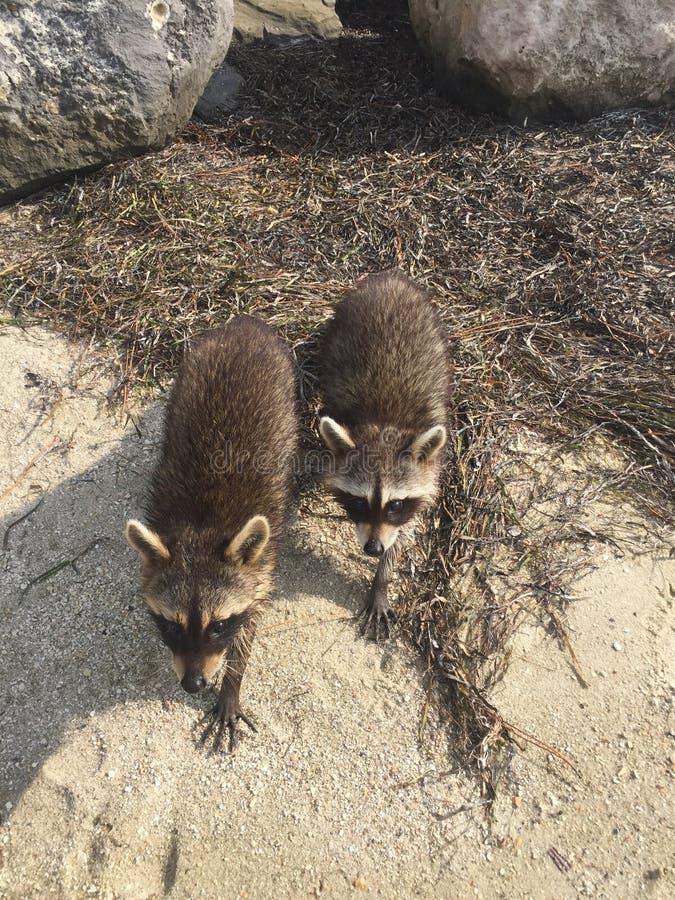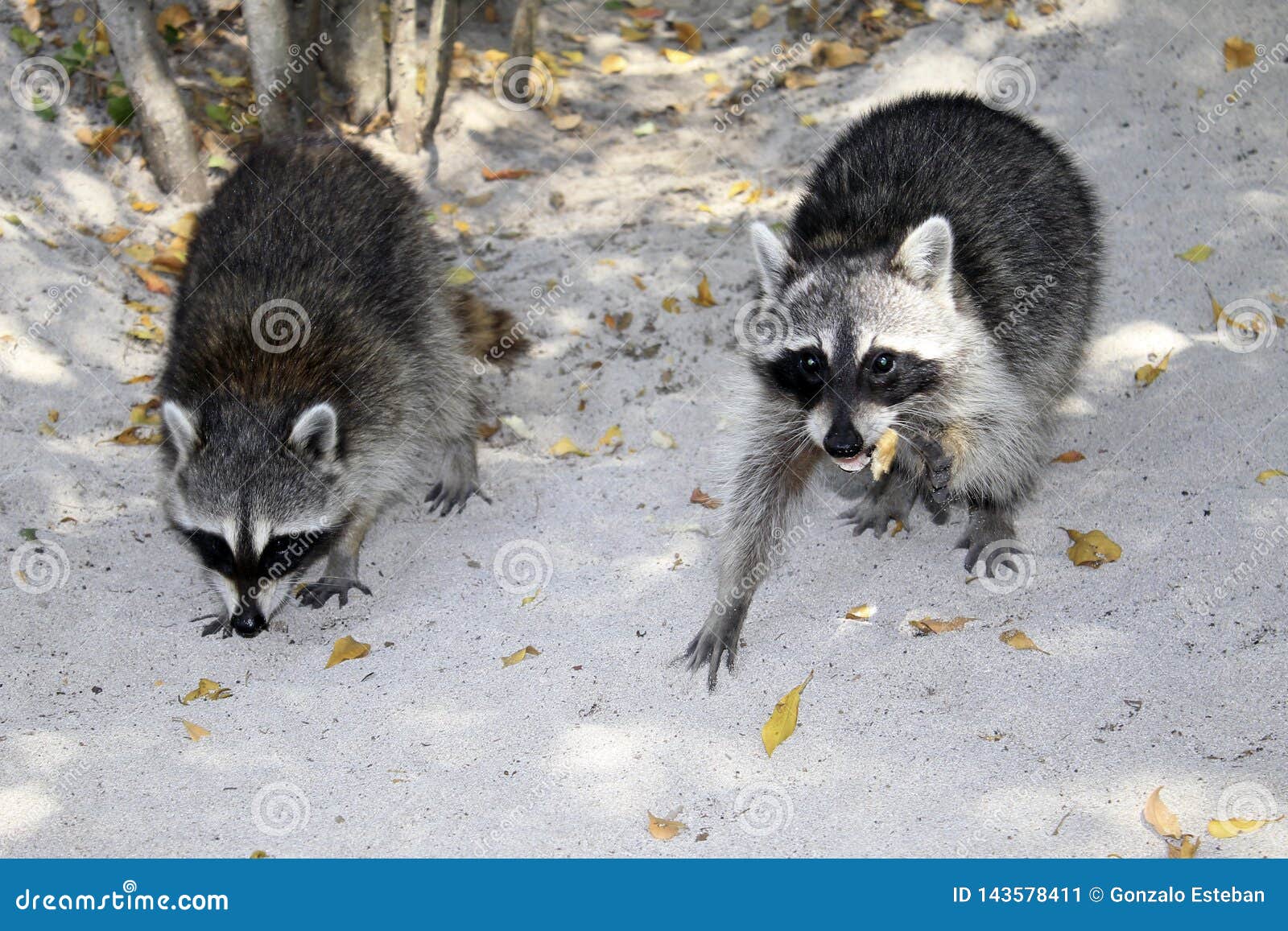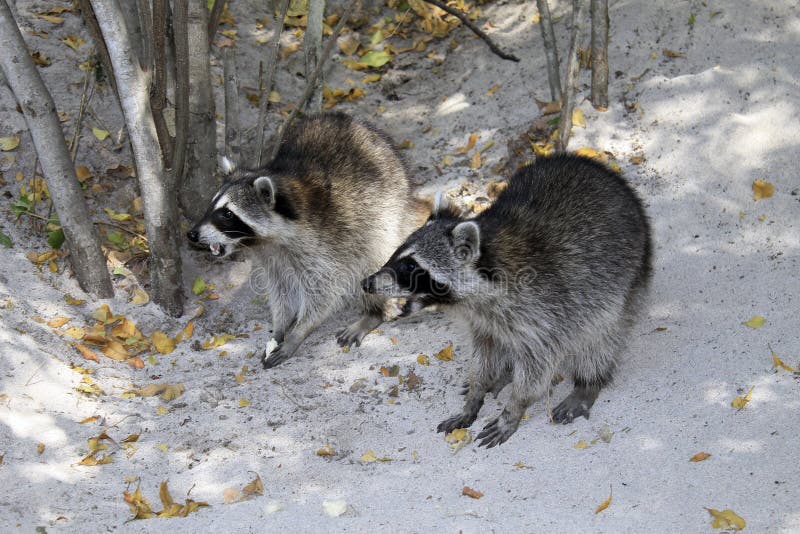
Introduction
Raccoons are fascinating creatures known for their mischievous behavior and cleverness. While they are often associated with wooded areas and urban environments, it may come as a surprise to learn that raccoons can also be found on beaches. These resourceful animals have adapted to various habitats, including coastal areas, where they can be observed enjoying the sandy shores and ocean breeze.
Raccoons on Beaches: A Surprising Sight

It is not uncommon to spot raccoons on beaches, especially in areas where human settlements are nearby. These intelligent creatures have learned to take advantage of the abundant food sources and shelter available in coastal regions. Their ability to adapt to changing environments has allowed them to thrive in a variety of settings, including beachfronts.
Adaptations for Coastal Living

Raccoons exhibit several adaptations that enable them to survive and thrive in coastal environments. One notable adaptation is their dexterous paws, which allow them to dig for food in the sand or manipulate objects they encounter. Their strong sense of smell helps them locate potential food sources, such as discarded items left by beachgoers.
Feeding Habits

Raccoons are opportunistic feeders and will consume a wide range of food items found on the beach. Their diet includes fish, crabs, clams, and other marine creatures that wash ashore. They are also known to scavenge for leftovers from beach picnics or trash bins in beachfront areas. This scavenging behavior contributes to their ability to survive in coastal habitats.
Nocturnal Beach Explorers

Raccoons are primarily nocturnal animals, which means they are most active during the night. However, in areas with higher human activity, they may adjust their behavior to venture out during the day. This adaptation allows them to take advantage of the food resources available on the beach when fewer people are present.
Beachcombing Raccoons

One intriguing behavior observed in raccoons on the beach is beachcombing. They will often walk along the shoreline, inspecting the washed-up debris for potential food sources. Their inquisitive nature leads them to investigate every object, from seaweed to shells, in search of a tasty treat.
Interaction with Beachgoers

While raccoons on the beach may appear cute and curious, it is important to remember that they are wild animals. Caution should be exercised when encountering raccoons, as they can become aggressive if they feel threatened or cornered. It is best to observe them from a distance and not attempt to feed or touch them.
Conservation and Coexistence

As with any wildlife, it is crucial to respect raccoons and their natural habitats to ensure their conservation. Proper waste management, including securing trash bins, can help minimize encounters between raccoons and humans. By promoting coexistence and understanding, we can appreciate the beauty of raccoons on the beach while preserving their natural behavior.
Conclusion
Raccoons on the beach are a delightful and unexpected sight. These resourceful creatures have adapted to the coastal environment, using their intelligence and dexterity to find food and shelter. By understanding their behaviors and respecting their wild nature, we can enjoy observing raccoons on the beach while ensuring their conservation for future generations to appreciate.